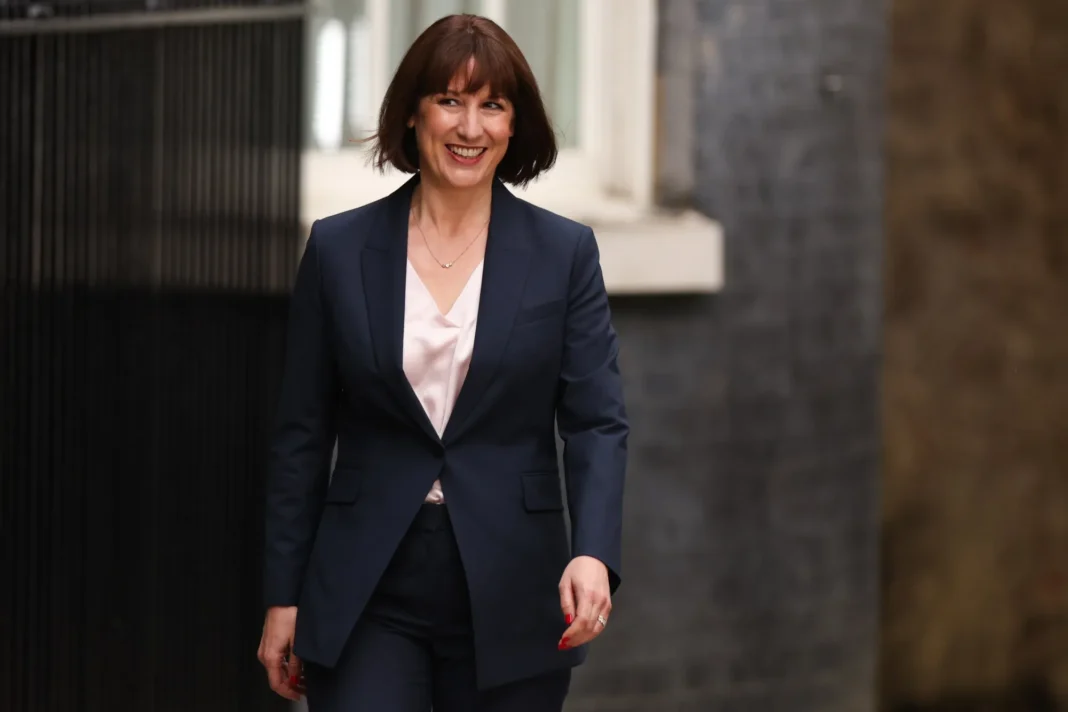The Chancellor has ruled out tax increases and a return to austerity ahead of the upcoming economic statement, emphasizing that it is “definitely not a Budget.” Instead, attention will be on the latest forecasts from the Office for Budget Responsibility (OBR), which are expected to highlight slowing economic growth and rising borrowing costs—factors that could further constrain the government’s ability to manage public finances effectively.
Despite these financial challenges, the government is pressing ahead with significant spending adjustments. A £5bn reduction in welfare spending—the largest in a decade—will see hundreds of thousands lose access to health-related benefits. Meanwhile, a £2.2bn cut to civil service administrative costs, driven by automation and AI, has sparked concerns among unions that it could impact frontline services. Additionally, a shift in funding from foreign aid to defence spending is being used as a workaround under borrowing rules, allowing the government to meet rising military commitments while maintaining its fiscal stance.
Although Reeves has promised not to raise taxes for now, future adjustments remain a possibility, particularly as defence spending continues to rise. With economic pressures mounting and financial flexibility shrinking, the real test of this strategy may come in the autumn Budget, when the government could be forced to reconsider its approach—potentially introducing tax hikes or deeper spending cuts.
For more business updates, visit London Pulse News.


